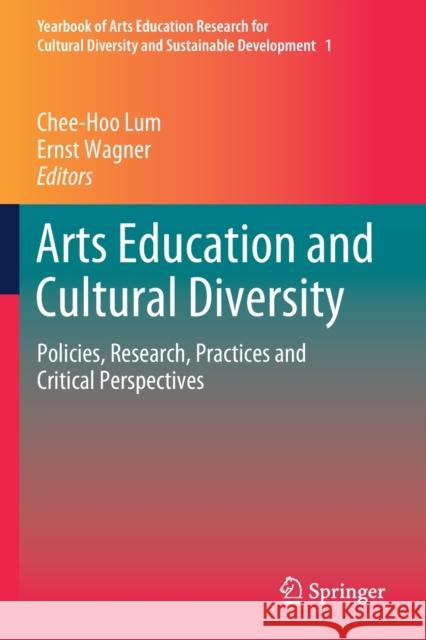Arts Education and Cultural Diversity: Policies, Research, Practices and Critical Perspectives » książka
topmenu
Arts Education and Cultural Diversity: Policies, Research, Practices and Critical Perspectives
ISBN-13: 9789811380068 / Angielski / Miękka / 2020 / 288 str.
Arts Education and Cultural Diversity: Policies, Research, Practices and Critical Perspectives
ISBN-13: 9789811380068 / Angielski / Miękka / 2020 / 288 str.
cena 442,79
(netto: 421,70 VAT: 5%)
Najniższa cena z 30 dni: 424,07
(netto: 421,70 VAT: 5%)
Najniższa cena z 30 dni: 424,07
Termin realizacji zamówienia:
ok. 16-18 dni roboczych.
ok. 16-18 dni roboczych.
Darmowa dostawa!
Kategorie:
Kategorie BISAC:
Wydawca:
Springer
Seria wydawnicza:
Język:
Angielski
ISBN-13:
9789811380068
Rok wydania:
2020
Wydanie:
2019
Numer serii:
000903751
Ilość stron:
288
Waga:
0.43 kg
Wymiary:
23.39 x 15.6 x 1.65
Oprawa:
Miękka
Wolumenów:
01
Dodatkowe informacje:
Wydanie ilustrowane











